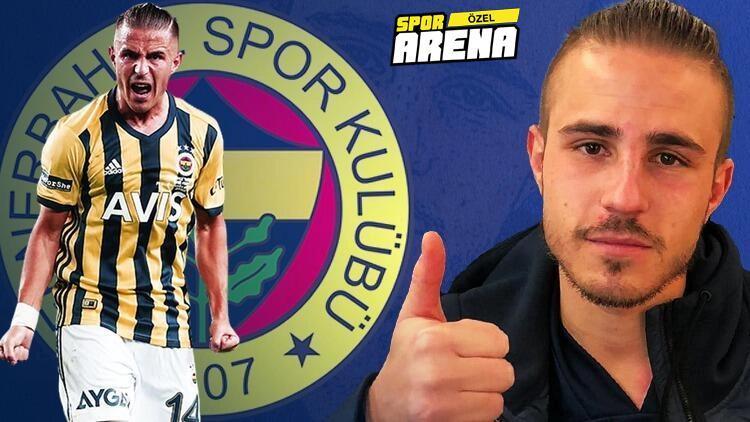The success of the Belgian vaccination campaign creates difficulties in the ongoing vaccine studies. At the Ghent Center for Vaccinology (CEVAC), nearly 400 of the 620 participants in a study into the German CureVac have already withdrawn from the study because they are eligible for a vaccine approved by the European Medicines Agency.
In the future, producers will have to look for other ways to check the effectiveness of their vaccines.
In Belgium, a total of more than 2000 people participate in the studies to guarantee the efficacy and safety of the German vaccine. Some receive the vaccine, others receive a placebo. But the manufacturer must be able to determine a certain number of infections in order to compare the two groups and draw conclusions about the effectiveness of the vaccine.
The study into CureVac has already been delayed several times and that is bad news for an increasing group of participants. They do not know whether they have been vaccinated with an effective vaccine and are asking for clarity now that they are eligible for an already approved vaccine and want to make holiday plans. Subjects may not be vaccinated with a second vaccine while the study is ongoing, but they can therefore withdraw from the study. That ‘unblinding’ is happening more and more often. When participants are told that they have received an effective vaccine, the question often arises as to whether a second vaccination is necessary or safe.
Another approach
CureVac will probably be the last manufacturer to investigate the efficacy of its vaccine through placebo-controlled phase 3 studies. ‘New phase 3 studies should look different, that’s for sure’, says professor Isabel Leroux-Roels of CEVAC. ‘For example, we can look at antibody concentrations and compare them with registered vaccines.’
Around 36,000 people worldwide have participated in the phase 3 study for CureVac, a German manufacturer that says it will be able to provide clarity about the results by mid-June.
Leroux-Roels expects ‘that the approval by EMA will go quite smoothly’. The CureVac candidate vaccine, CVnCoV, is an mRNA vaccine and thus works in a similar way to the vaccines from pharmaceutical companies Pfizer-BioNTech and Moderna. Belgium has already signed up for 2.9 million doses of the vaccine. After Pfizer-BioNTech, Moderna, AstraZeneca and Johnson & Johnson, it should be the fifth vaccine to receive marketing authorization from the European Medicines Agency (EMA).
In the future, producers will have to look for other ways to check the effectiveness of their vaccines. In Belgium, a total of more than 2000 people participate in the studies to guarantee the efficacy and safety of the German vaccine. Some receive the vaccine, others receive a placebo. But the manufacturer must be able to determine a certain number of infections in order to compare the two groups and draw conclusions about the effectiveness of the vaccine. The study into CureVac has already been delayed several times and that is bad news for an increasing group of participants. They do not know whether they have been vaccinated with an effective vaccine and are asking for clarity now that they are eligible for an already approved vaccine and want to make holiday plans. Subjects may not be vaccinated with a second vaccine while the study is ongoing, but they can therefore withdraw from the study. That ‘unblinding’ is happening more and more often. When participants are told that they have received an effective vaccine, the question often arises as to whether a second vaccination is necessary or safe. CureVac is therefore likely to be the last manufacturer to investigate the efficacy of its vaccine through placebo-controlled phase 3 studies. ‘New phase 3 studies should look different, that’s for sure’, says professor Isabel Leroux-Roels of CEVAC. ‘For example, we can look at antibody concentrations and compare them with registered vaccines.’ Around 36,000 people worldwide participated in the phase 3 study for CureVac, a German manufacturer that states that it will be able to provide clarity about the results by mid-June. Leroux-Roels expects ‘that the approval by EMA will go quite smoothly’. The CureVac candidate vaccine, CVnCoV, is an mRNA vaccine and thus works in a similar way to the vaccines from pharmaceutical companies Pfizer-BioNTech and Moderna. Belgium has already signed up for 2.9 million doses of the vaccine. After Pfizer-BioNTech, Moderna, AstraZeneca and Johnson & Johnson, it should be the fifth vaccine to receive marketing authorization from the European Medicines Agency (EMA).
– .


